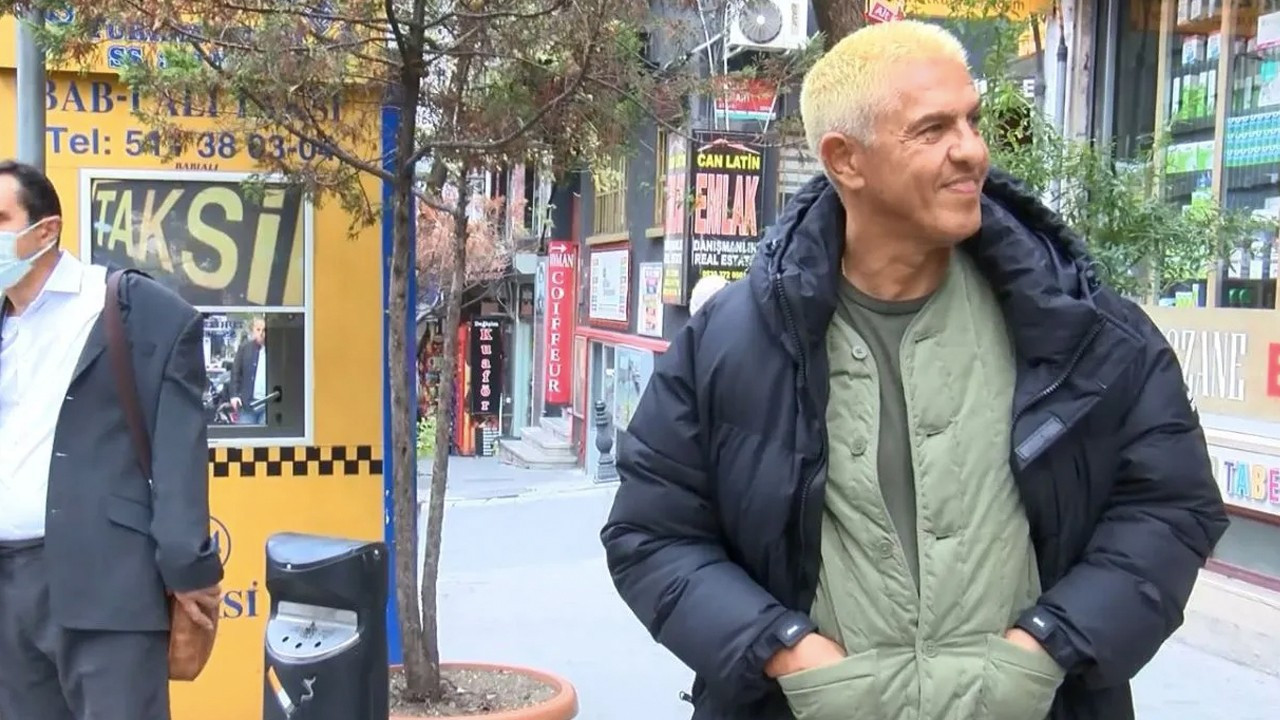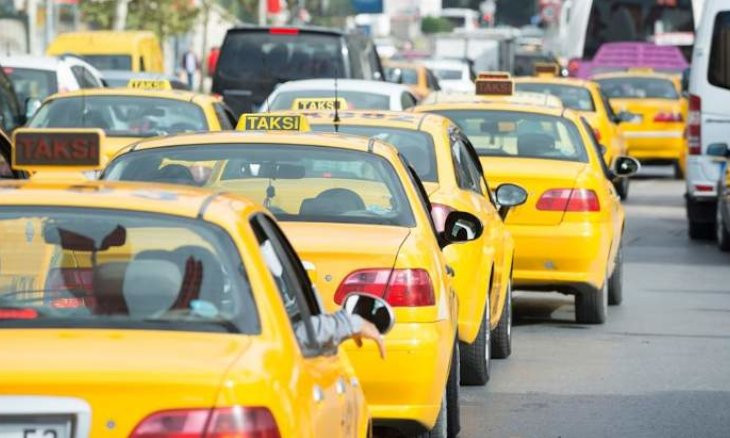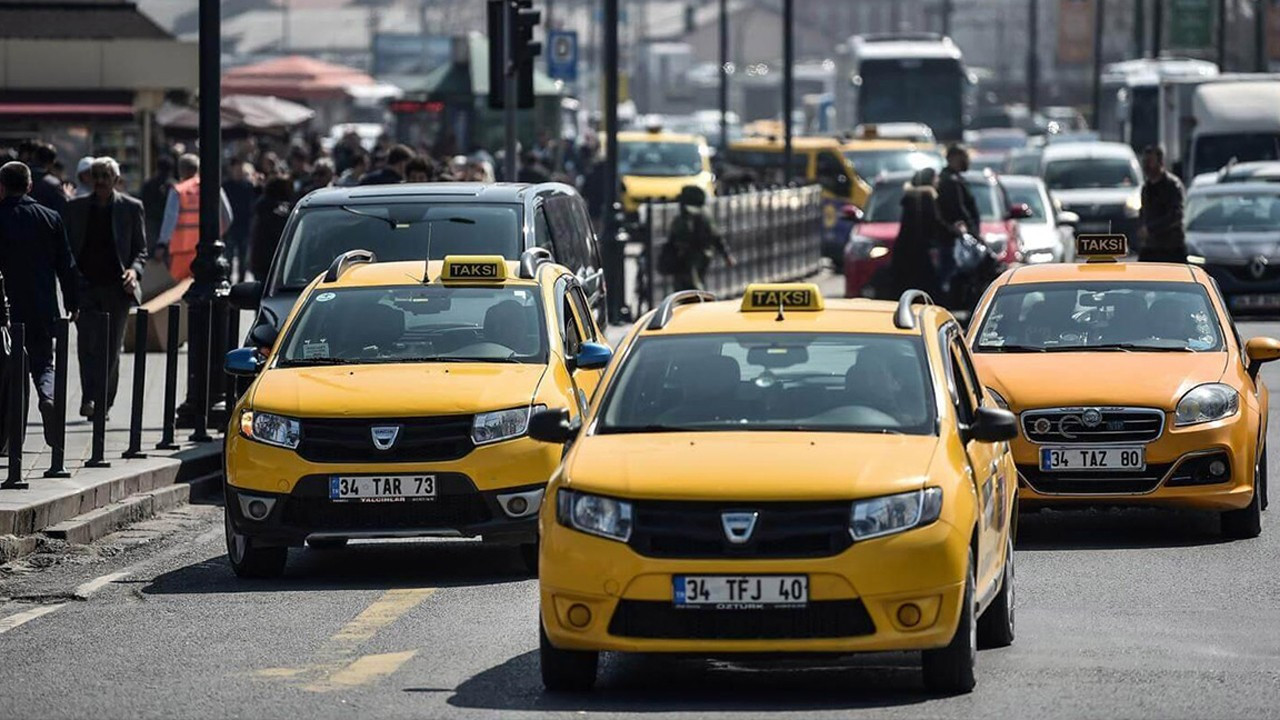Top Turkish court allows regulation that requires camera inside taxis
Turkey’s Council of State has found a regulation that allows the installation of cameras inside taxis “legal.”
Duvar English
The Council of State, Turkey's highest administrative body, has found several municipalities’ regulation that cameras be installed in taxis “in accordance with the law.” The court stated that this regulation aimed at both the protection of public order and the safety of drivers and passengers.
The General Directorate of Local Administrations of the Interior Ministry sent a letter to the governorships on Feb. 27, 2017 and promptly requested a regulation requiring taxis, minibuses and buses to install inside cameras on the basis of "investigation of forensic incidents, including terrorist incidents, rapid access to evidence and perpetrators, and clarification of crimes."
Upon the request of the Ministry, municipalities’ transportation units UKOMEs implemented the regulation in question. However, driver chambers filed lawsuits, demanding the annulment of part of the decisions regarding taxis. With regard to these cases, different local courts handed down different decisions.
For example, a court in the Aegean province of Muğla ruled that the decision violated the privacy of private life. An objection was filed against this decision, with an appeals court finding Muğla court’s decision to be “in compliance with the procedure and law.”
In another case, an Ankara court found that the regulation in question provides traffic and life safety and will be implemented for the purpose of investigating "a judicial or terrorist incident." The court ruled that there was no violation of the privacy of private life.
The Council of State put an end to the discussions and found the regulations in question as “legal.”
"It is not legally possible to say that monitoring the interior of commercial taxi-type vehicles, which undoubtedly have the quality of public space, with a camera system capable of recording audio and video, violates the privacy of private life for both the driver and the passenger," the top administrative court said.

 Turkish taxi driver banned from profession after caught taking photos of women in shortsDomestic
Turkish taxi driver banned from profession after caught taking photos of women in shortsDomestic Istanbul's taxi problem: 'Taxi' actor struggles to find an available cab in IstanbulCulture
Istanbul's taxi problem: 'Taxi' actor struggles to find an available cab in IstanbulCulture Istanbul taxi association head wants sexual offenders to return as driversDomestic
Istanbul taxi association head wants sexual offenders to return as driversDomestic Istanbul has one of world’s lowest taxi densities, says municipalityDomestic
Istanbul has one of world’s lowest taxi densities, says municipalityDomestic